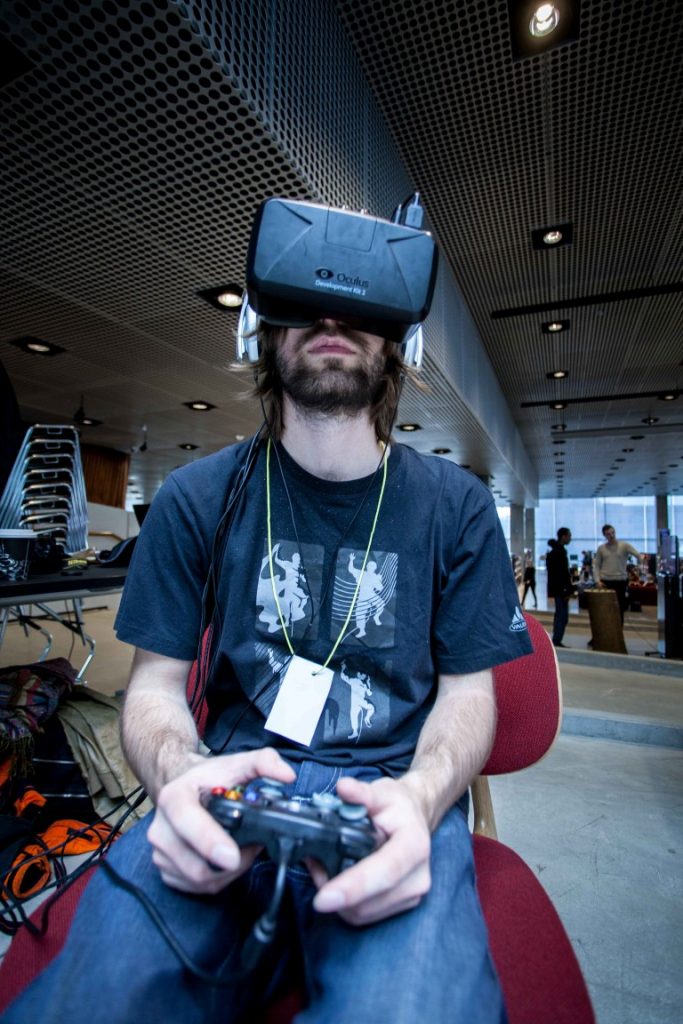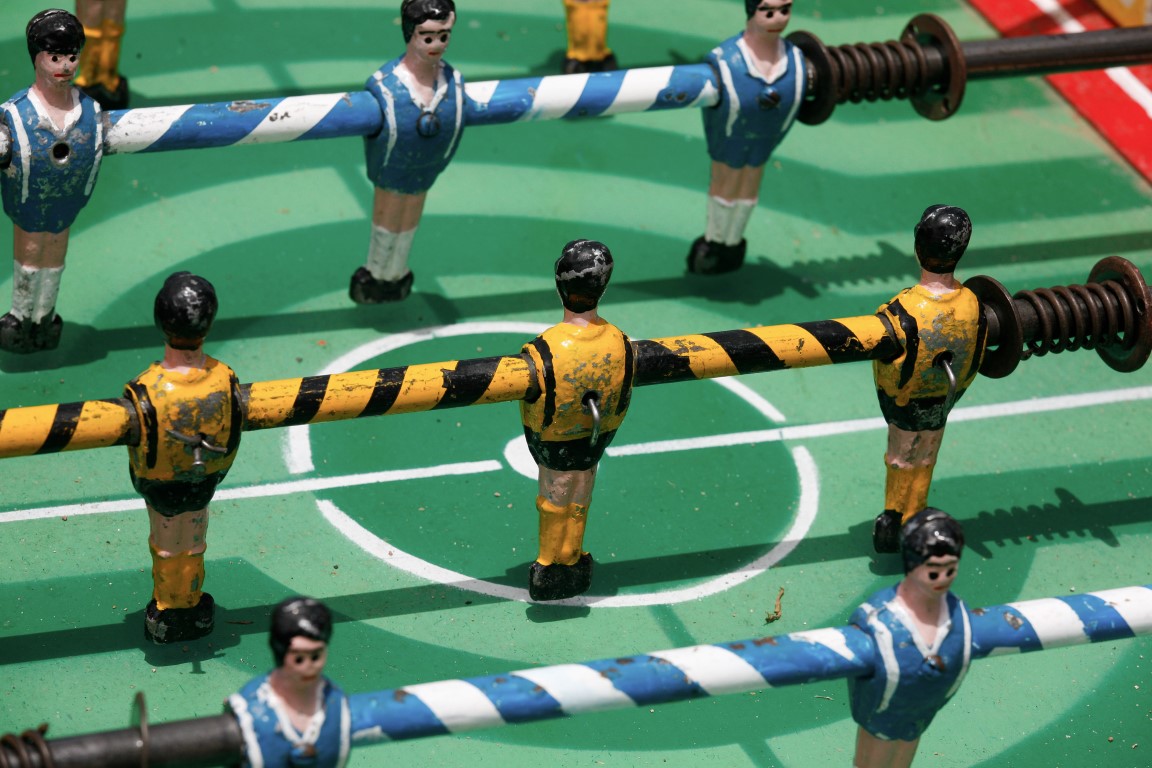[et_pb_section admin_label=”section”][et_pb_row admin_label=”row”][et_pb_column type=”4_4″][et_pb_text admin_label=”Text” background_layout=”light” text_orientation=”left” use_border_color=”off” border_color=”#ffffff” border_style=”solid”]
Image credits: Alex Proimos via Wikimedia
[/et_pb_text][et_pb_text admin_label=”Text” background_layout=”light” text_orientation=”left” use_border_color=”off” border_color=”#ffffff” border_style=”solid”]
“It’s greenwashing when a company or organization spends more time and money claiming to be “green” through advertising and marketing than actually implementing business practices that minimize environmental impact. It’s whitewashing, but with a green brush” – Greenwashing Index
[/et_pb_text][et_pb_text admin_label=”Text” background_layout=”light” text_orientation=”left” use_border_color=”off” border_color=”#ffffff” border_style=”solid”]
Inspired by the fairly well known concept “greenwashing”, I have coined a similar phrase that has proven useful to me:
Playwashing
So far, I have only used it casually in conversations, but building on the description of greenwashing above, I suggest the following working definition:’
“Playwashing describes the situation where a company or organization spends more time and money claiming to be “playful” through advertising and marketing than actually implementing strategies and business practices that cultivate a playful culture in said organization”
With this initial definition (which very much is up for debate), I consider it playwashing when a company conveys the image of allowing its employees to engage in work that share central characteristics with play without living up to this promise. You may be allowed to play a game at work, but this often happens in confined spaces and disconnected from the actual work. The popular foosball table is a good example of this, as it signifies play, but how often does the activity of playing this game have deeper ties to company culture?
Like greenwashing, playwashing paints an inaccurate or downright false picture of the organization in question. This is a dishonest practice and hence a problem in itself. It is used in many forms of branding, including that which is directed at potential future employees – “employer branding”. Many people might want to work in a playful organization, but will likely be disappointed if this amounts to no more than a ping-pong table or video games to be played during breaks.
 In the best case, these games provide people with a much needed break, whereas in the worst case it is used to disguise or sweeten what could perhaps most accurately be described as exploitation; Mere sugarcoating on an otherwise unacceptable proposal, a means of coercion to make people work harder and more. Yes, the games can be a first step in a more playful direction, and they can certainly be part of an ambitious playful strategy (I recall the notion of “the necessary hypocrisy” from organization studies: you say something that is not yet aligned with your actions, but you say it to guide you in that direction). If they exist in isolation, however, disconnected from management decisions, company culture and daily work practices, it is probably playwashing.
In the best case, these games provide people with a much needed break, whereas in the worst case it is used to disguise or sweeten what could perhaps most accurately be described as exploitation; Mere sugarcoating on an otherwise unacceptable proposal, a means of coercion to make people work harder and more. Yes, the games can be a first step in a more playful direction, and they can certainly be part of an ambitious playful strategy (I recall the notion of “the necessary hypocrisy” from organization studies: you say something that is not yet aligned with your actions, but you say it to guide you in that direction). If they exist in isolation, however, disconnected from management decisions, company culture and daily work practices, it is probably playwashing.
Playwashing is not illegal, of course, but it doesn’t have much to do with the primary purpose of CounterPlay: to cultivate playful communities, and, in turn, contribute to a more playful world. I suspect that most forms of playwashing doesn’t do much to help us achieve that goal. It is common and tempting to hope for easy solutions to complex problems, and many seem to believe that games or technologies will work wonders if simply dropped into whichever context (be it work, education or life in general). In most situations, it won’t. It will only lead to disappointment and frustration if there is no willingness to address the underlying problems and pursue real transformation.
Do you want to cultivate a playful culture in the workplace? Well, it can’t be sugarcoating (like ping-pong tables or other gimmicks), it needs to be embedded in the fabric, and it requires actual power and decision making to be put in the hands of those you expect to play along.
As I have argued elsewhere, play is only real if it entails real participation and participation is only real if it entails a redistribution of power among the participants. Consequently, an organization is not playful if there is not a connection between the proclaimed presence of play in the organization and the distribution of power. In fact, the foosball table might be a more appropriate metaphor than I first imagined, since the players are all fixed in one place, without any real maneuverability or agency, they can only go round and round in circles, while controlled by someone else.
Do the opportunities to play (if they are at all there) come with real agency and influence? Are employees frequently engaging in negotiations of rules and purpose of the work they’re doing? Is there a real sense of ownership and a shared responsibility?
There are many other characteristics of play to look for, of course, that we can use to determine if playwashing is taking place in any given organization. Does a culture of fear permeate the organization? Do employees dare to experiment, take risks and suggest new solutions? Is there room for creativity and serendipity? Is silliness allowed?
We experience a growing interest in play these years, which is mostly good, but I find reason to question how much of it is sincere and founded in a deeper understanding of and respect for play. Maybe the notion of “playwashing” can be a useful tool to examine the depth of engagement with play; is it real or only skin deep, a decoy, a simple tool to avoid asking the hard questions and making more complex changes?
[/et_pb_text][/et_pb_column][/et_pb_row][/et_pb_section]

Leave a Reply